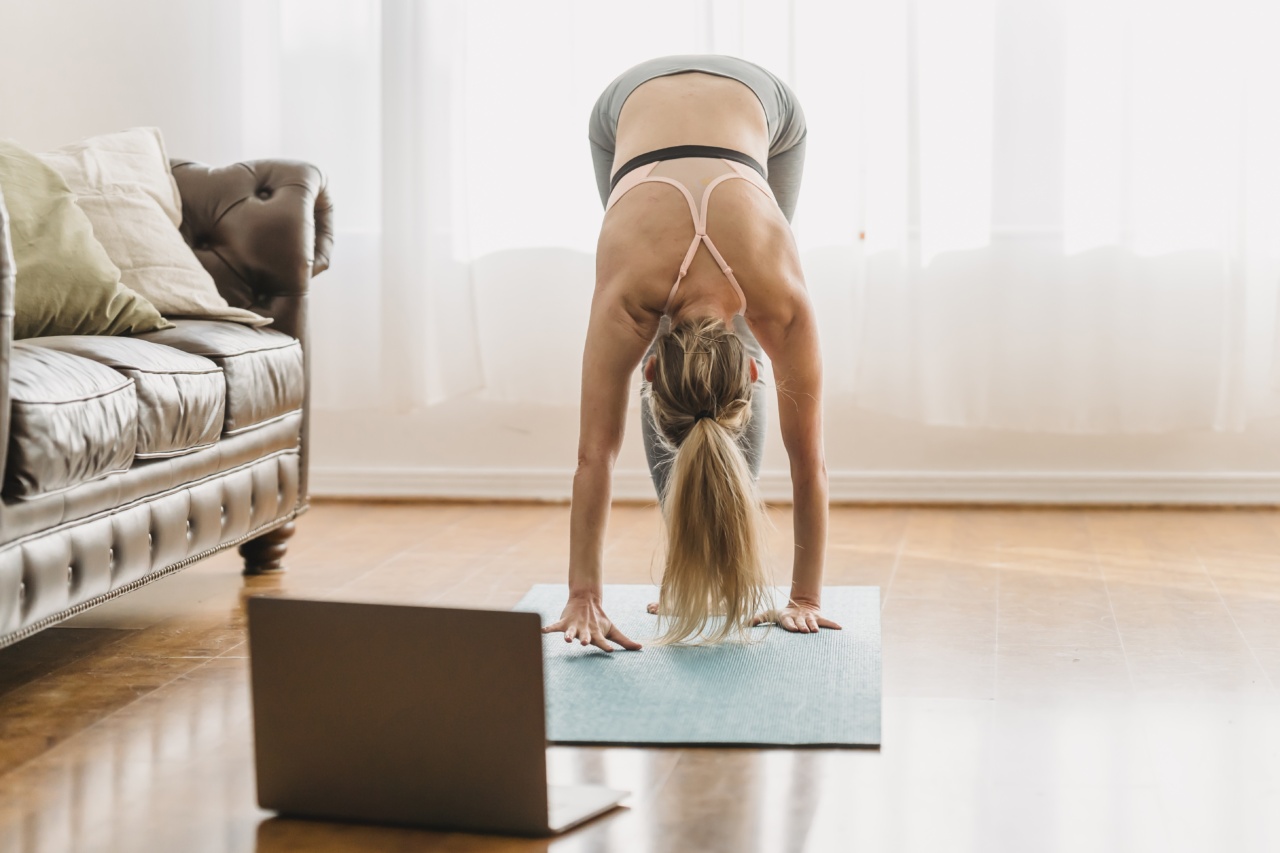Body posture is a crucial aspect of our daily lives, and it has a significant effect on our overall mood. Posture is the position in which we hold our bodies while standing, sitting, or lying down.
Good posture involves distributing our body weight evenly throughout our body, keeping the bones and joints aligned, and ensuring proper muscle function. However, poor posture and slouching can have a negative impact on our physical and mental health.
The Psychological Effects of Good Posture
Good posture is associated with a wide range of psychological benefits. When you stand tall with your shoulders back and your head held high, you appear more confident and in control.
This type of posture is known to increase self-esteem and self-confidence, reducing stress levels and feelings of anxiety. Furthermore, good posture can have a positive impact on cognitive function. Researchers have found that participants who sat upright showed a more positive attitude and greater engagement in the task compared to those who assumed a slouching position.
The Physical Effects of Poor Posture
Poor posture, on the other hand, can lead to a variety of physical problems. Musculoskeletal pain and discomfort are common in individuals who have poor posture, particularly in the neck, back, and shoulder regions.
Poor posture also puts a lot of strain on the spine, leading to an increased risk of degenerative disc disease and other spinal problems. Additionally, poor posture can cause digestive issues, as it compresses the abdominal organs and interferes with proper digestion.
The Relationship Between Body Posture and Mood
It is no secret that our physical bodies are closely linked to our emotions and mood. In particular, body posture plays a significant role in how we feel and our overall mental state.
When we assume a slouching position, our body language conveys a sense of sadness, low mood, or stress. This type of posture causes shallow breathing and can exacerbate feelings of anxiety and depression. On the other hand, assuming an upright posture can improve mood, creating a sense of happiness and positivity.
Good posture helps to open up the chest and lungs, increasing the oxygen flow to the brain and improving cognitive function, leading to a sense of clarity and well-being.
The Benefits of Practicing Good Posture
Adopting good posture and proper body alignment can have a significant effect on our overall well-being. Some of the benefits of practicing good posture are listed below:.
- Reduced muscle tension and tightness – By maintaining proper alignment, you can reduce your risk of developing muscle tension, tightness, and conditioned trigger points. These symptoms can be associated with fibromyalgia, which causes widespread pain and physical discomfort.
- Improved breathing – Good posture allows you to breathe more deeply, which can improve oxygen intake and reduce stress levels.
- Increased energy levels – Proper alignment can reduce fatigue by conserving your energy and improving blood flow to the brain.
- Better digestion – By maintaining a proper alignment, you can help to keep your digestive organs, such as the stomach and intestines, in their proper position and function more efficiently.
- Improved mental clarity – Good posture can help to stimulate blood flow and oxygen supply to the brain, leading to greater mental clarity and focus.
- Enhanced self-esteem and confidence – Standing tall with good posture can enhance your self-esteem and sense of self-worth. It can also give you a better sense of control and power over your environment.
Conclusion
The benefits of good posture are wide-ranging, not only for our physical health but also for our psychological and emotional well-being.
Practicing proper alignment can reduce muscle tension, increase energy levels, improve digestion, and enhance mental clarity. Furthermore, good posture can lead to increased self-esteem and self-confidence, reduce stress and anxiety levels, and improve our overall mood.






























